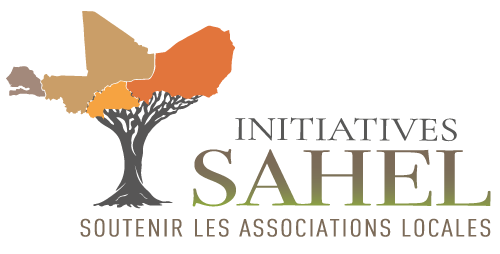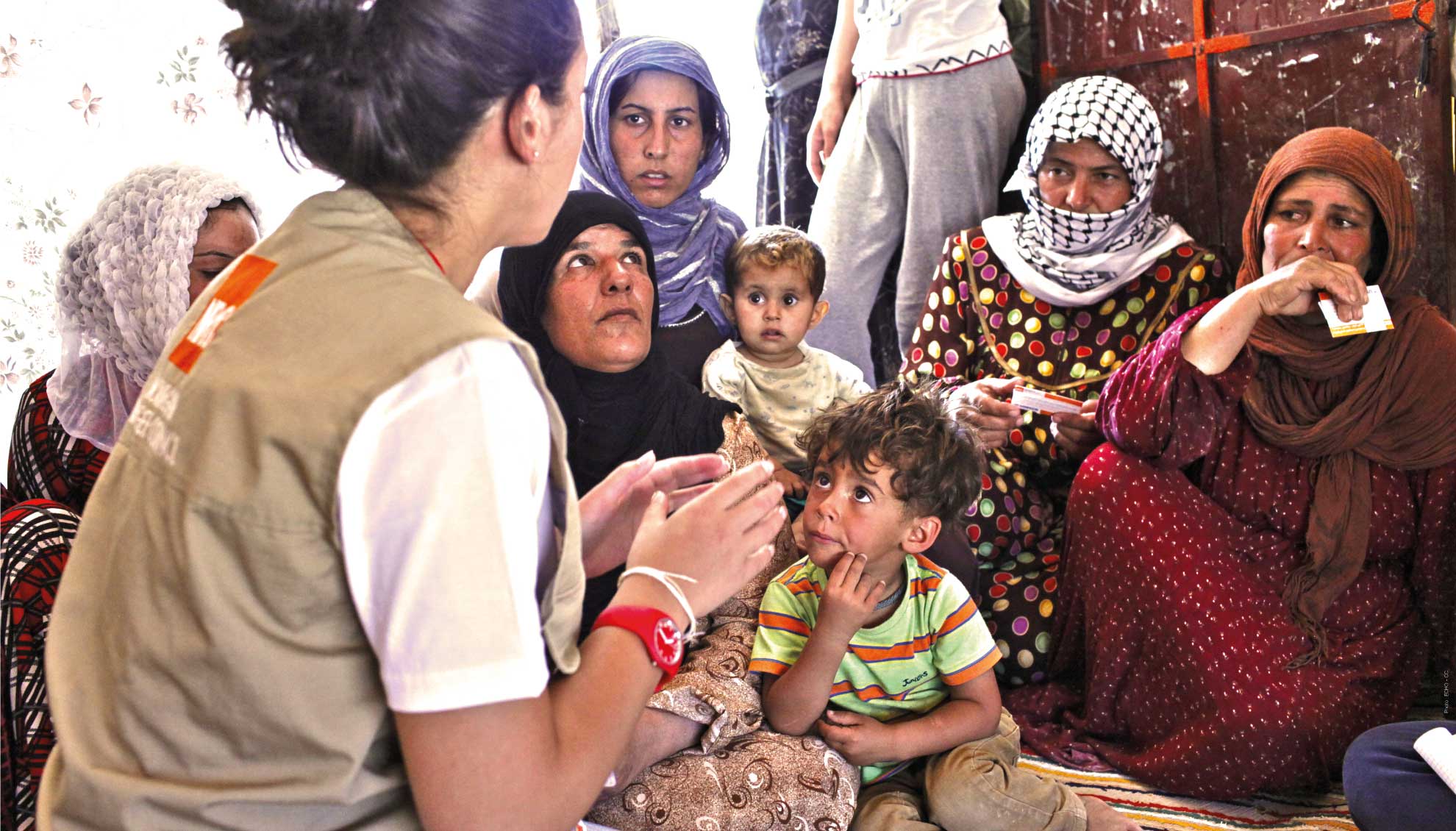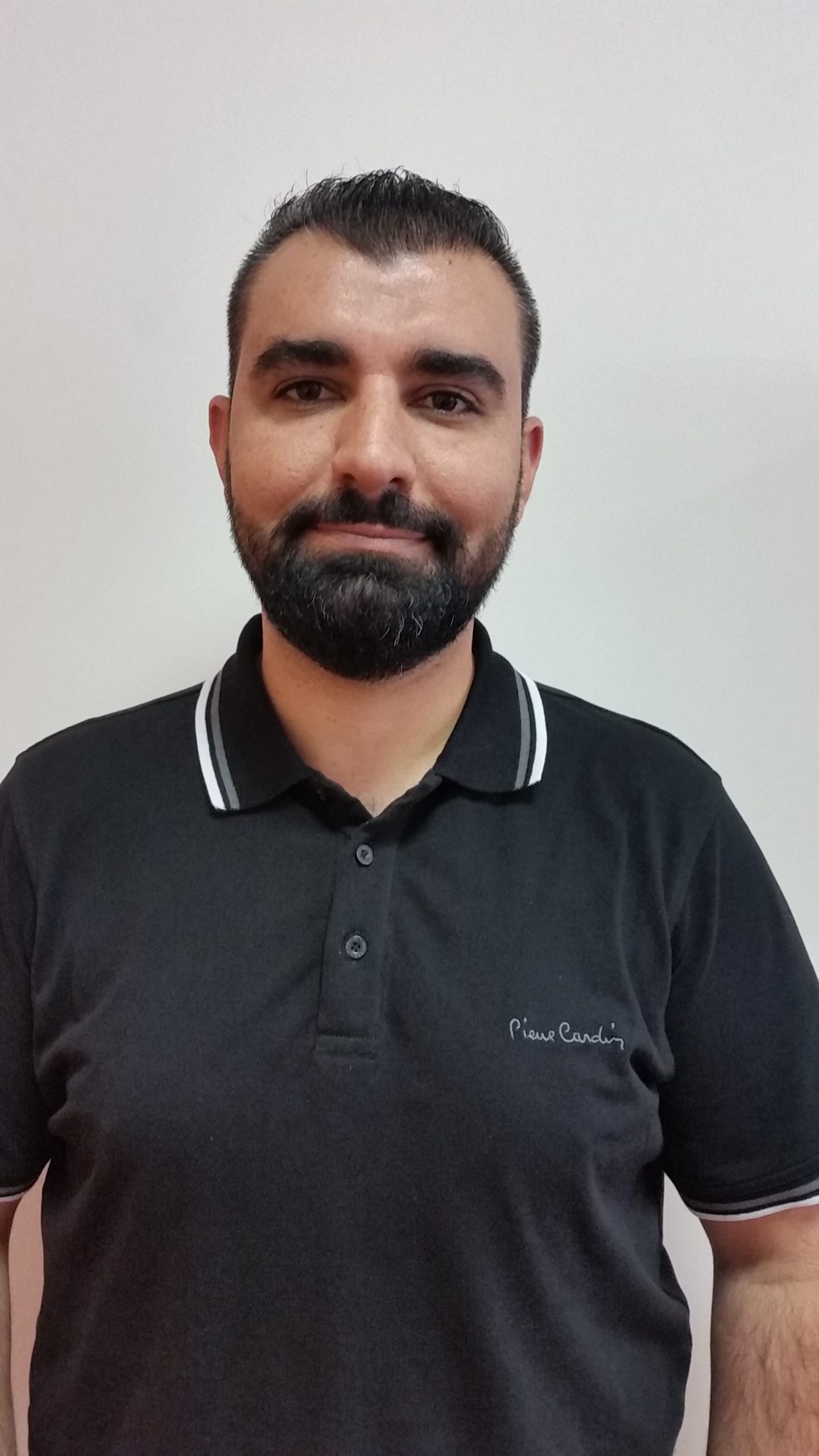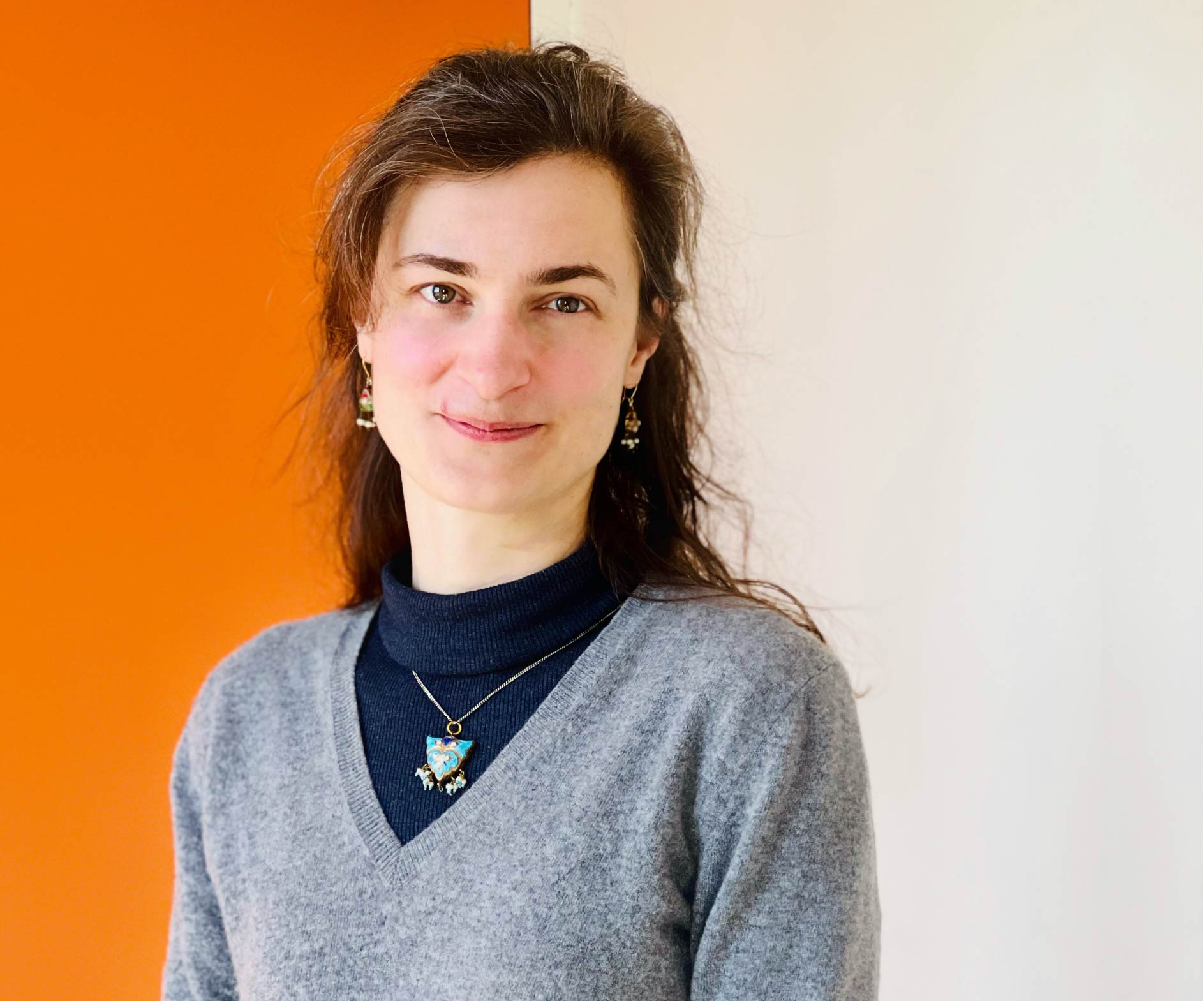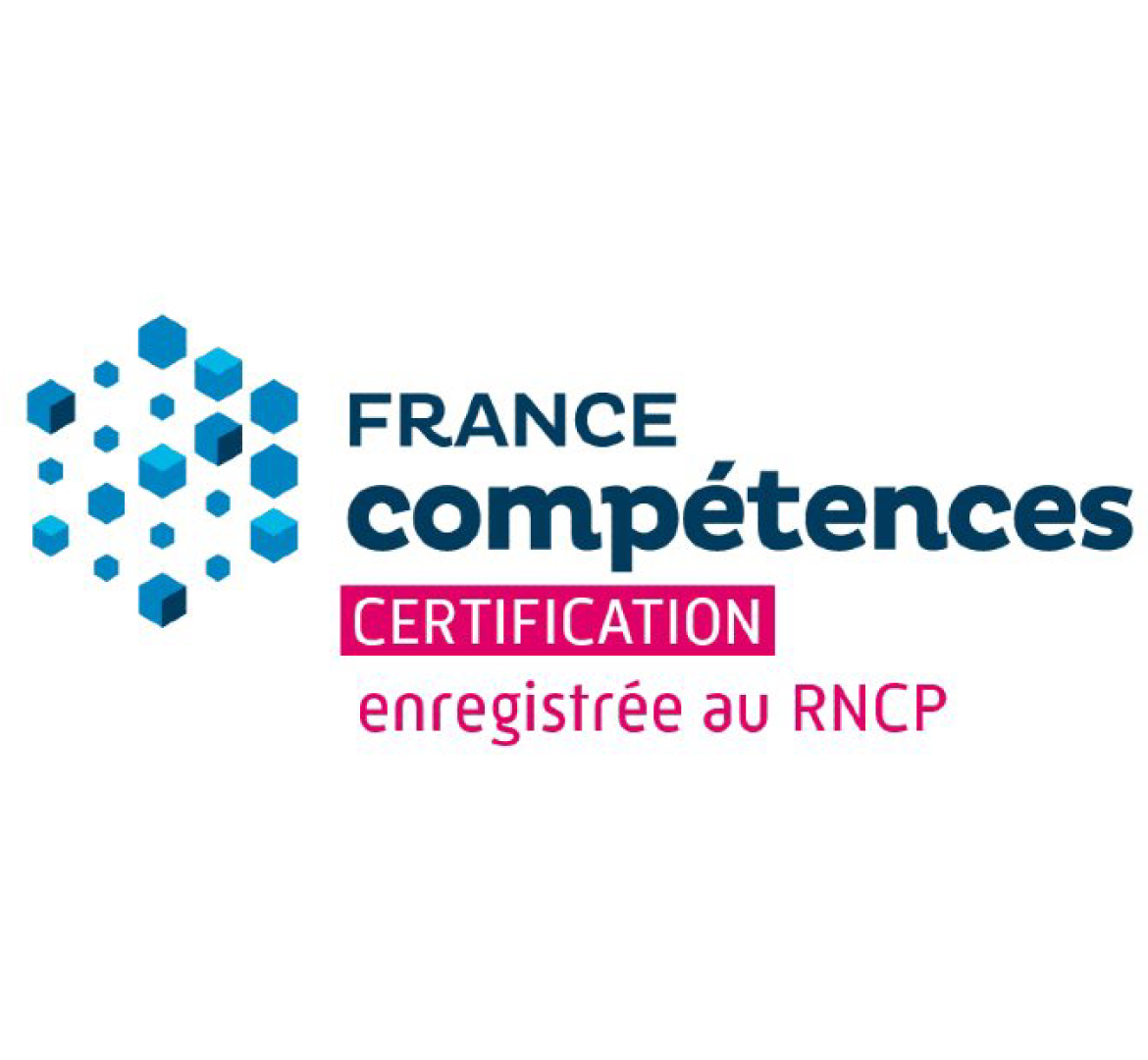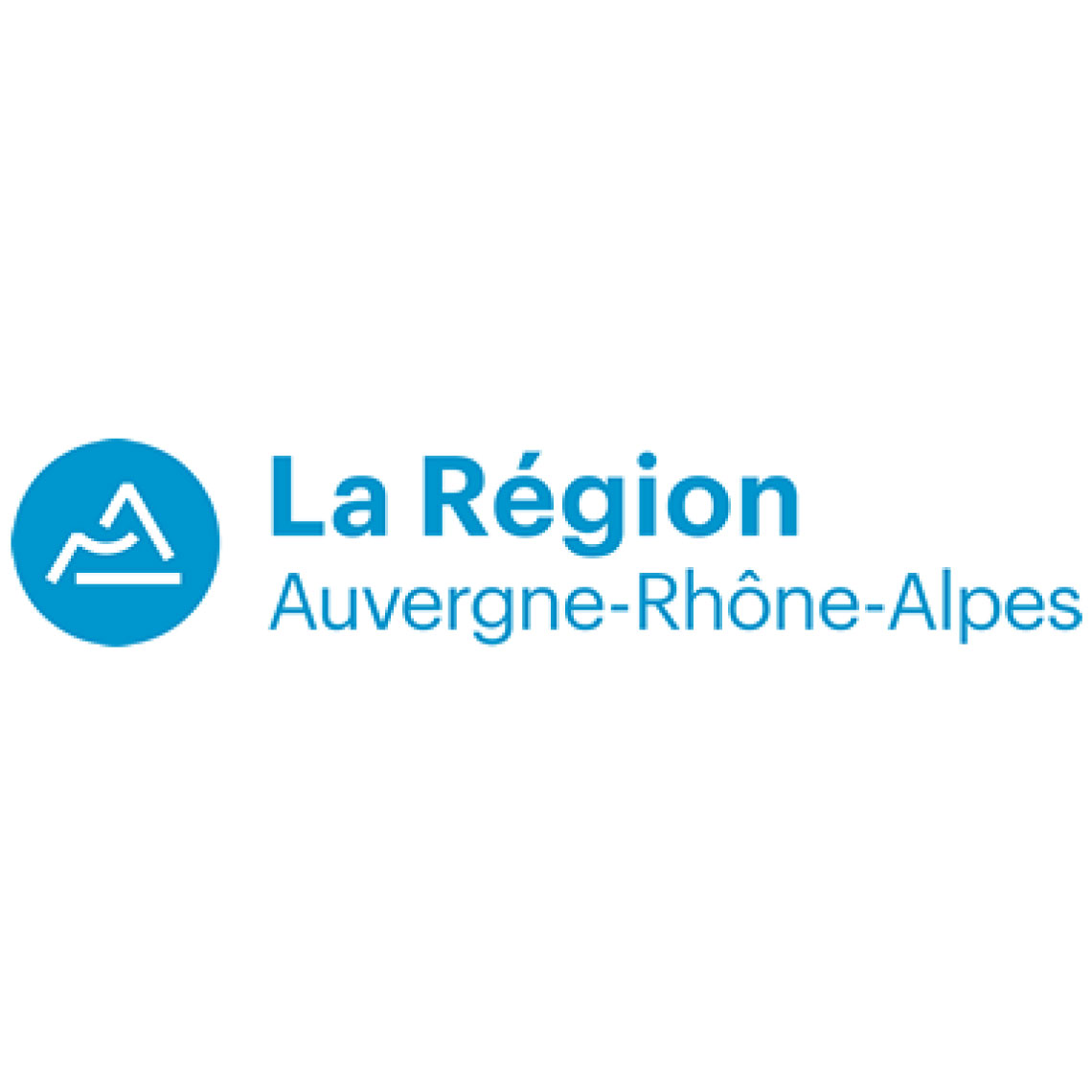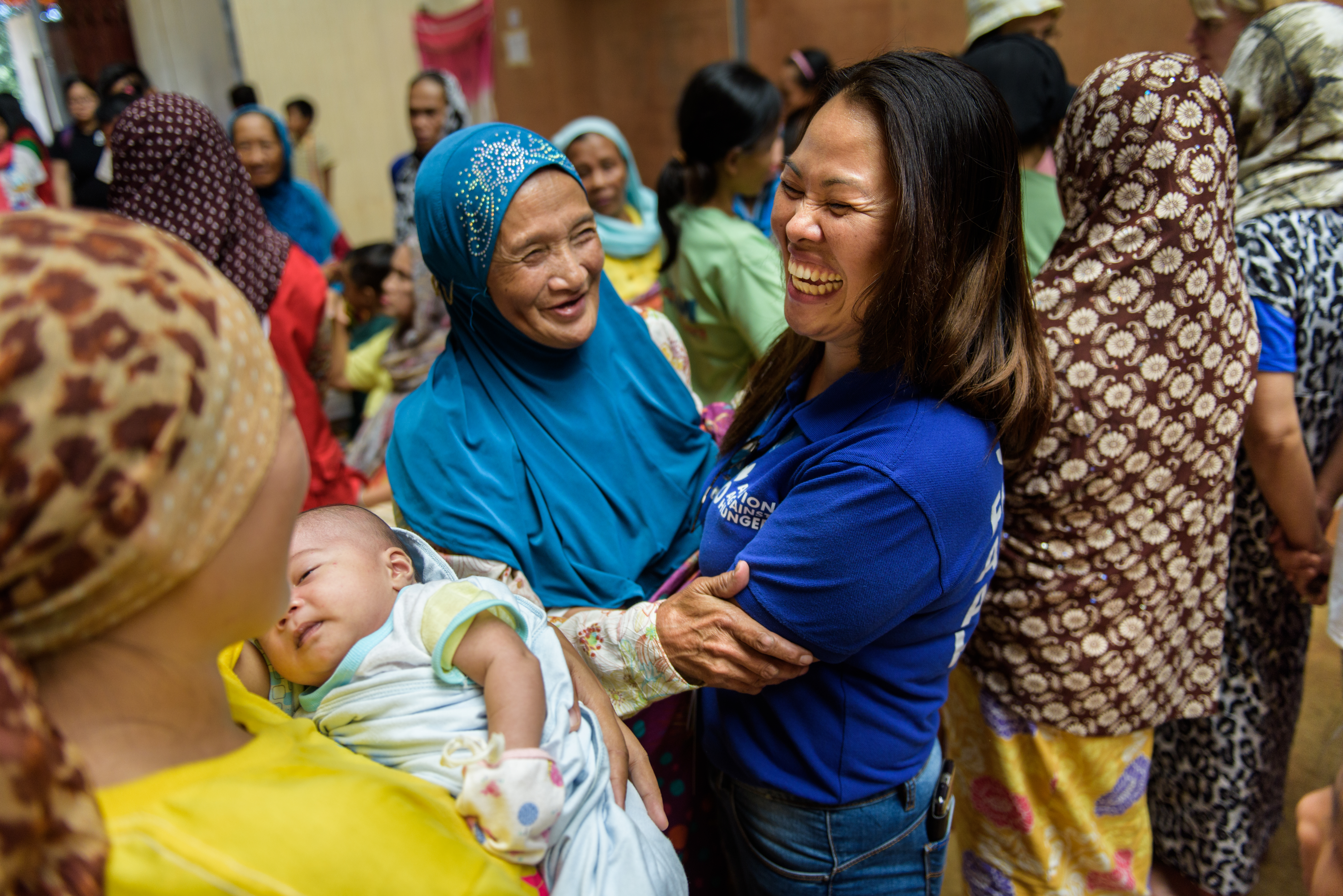
Our available courses
Bioforce offers solutions made for and by humanitarian actors, which place practice and meaning at the heart of pedagogy.
These trainings evolve with the humanitarian context to bring you the most adapted tools and guarantee you the expected operational level.
Project management
Designing a MEAL system for a humanitarian project
Geneva- Training course 3 jours
Managing humanitarian projects
E-learning- Training course 35 hours in 1 month
Humanitarian programme: managing programmes & projects
Lyon- Training course 12 days
Humanitarian Programme Manager
Lyon- Training course 3 months
- Mission 6 months

